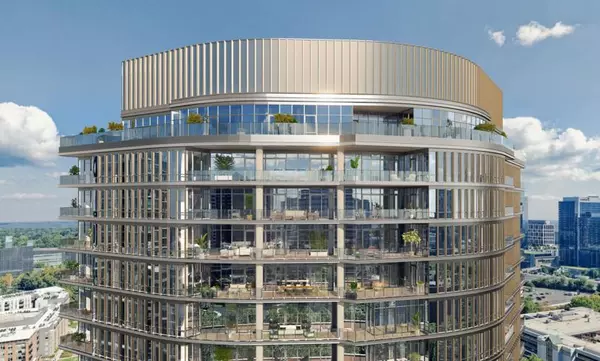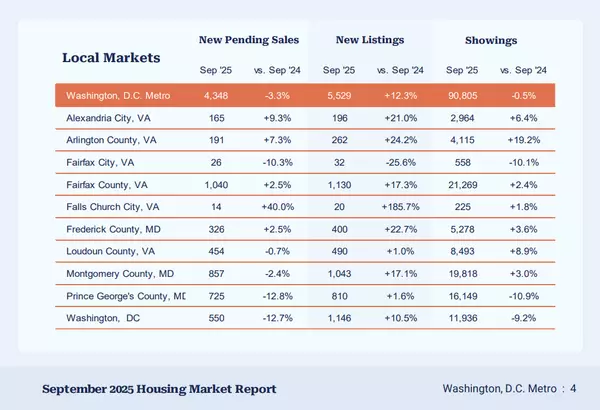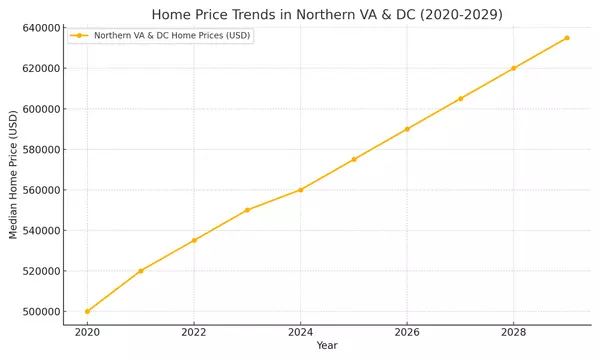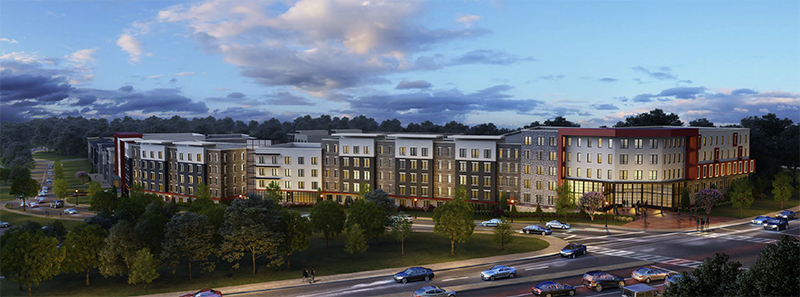Exploring Architectural Styles: Modern vs. Contemporary Homes

The terms “modern” and “contemporary” are oftentimes used synonymously in discussions about architecture and interior design. While both styles share commonalities, it’s essential to recognize the distinct features that set them apart. In this article, we’ll delve into the core elements of modern and contemporary architecture, providing clarity on their differences.

Understanding Modern Architecture:
Emerging at the turn of the 20th century, modern architecture was heavily influenced by the modern art movement and prevailed until the mid-20th century. Various global interpretations of modern architecture surfaced, each in response to significant technological advancements of the late 19th century, including revolutionary materials such as reinforced concrete, cast iron, and plate glass.
Modern homes boast a minimalist design that prioritizes functionality. Recognizable by their rectangular forms, lack of embellishments, and whitewashed exteriors, these residences often incorporate landscape considerations. For instance, the lines of roofs or overhangs might mirror natural surroundings. Modern architecture embraces nature through horizontal compositions, low structures, and expansive glass windows or walls.
While modernist architecture may initially seem austere, it frequently incorporates natural materials like wood in warm tones, grounding the space. Open floor plans and an emphasis on nature characterize modern homes. Key identifiers of modern architecture include:
- Rectangular forms
- Minimal adornment
- Low, horizontal composition
- Elements of asymmetry
- Open floor plans
- Large glass windows
- Whitewashed exteriors
- Use of natural materials like wood
- Emphasis on nature
Decoding Contemporary Architecture:
In contrast to modern architecture, contemporary architecture is not tethered to a specific time period. Contemporary homes embody present architectural trends, with a fluid style that incorporates both historical and current design elements. This flexibility often results in the integration of modern architectural features, leading to frequent confusion between the two styles.
Contemporary homes stand out for their amalgamation of multiple architectural styles. While they share minimal adornment, open spaces, and expansive windows with modern homes, contemporary architecture introduces free-form compositions not typically found in modernist designs. Technological advancements enable architects to explore dramatic curves and seemingly impossible proportions in contemporary homes.
Another distinguishing feature of contemporary homes is their commitment to eco-friendly, sustainable design and smart-home technology, reflecting a response to the current climate-change emergency. Incorporating natural and recycled materials is a common practice in contemporary construction. Key identifiers of contemporary architecture include:
- Combination of styles
- Incorporation of both angles and curves
- Free-form composition
- Elements of asymmetry
- Open floor plans
- Large glass windows
- Use of mixed materials
- Emphasis on nature
- Commitment to sustainable design
Significance Of Knowing The Differences:
When embarking on the journey of buying a home, articulating your preferences accurately is crucial. Understanding the distinctions between modern and contemporary architecture is invaluable when communicating with brokers, architects, or homebuilders. The terms are often used interchangeably, even among industry professionals, leading to potential confusion for prospective homebuyers. Gaining clarity on these architectural styles empowers you to articulate your preferences and find a home that aligns with your unique style.
If you’re ready to explore homes that resonate with your architectural preferences, reach out to me, Chris Yurko. I’m here to guide you through the process and help you find the perfect home that suits your distinctive taste.
Recent Posts











